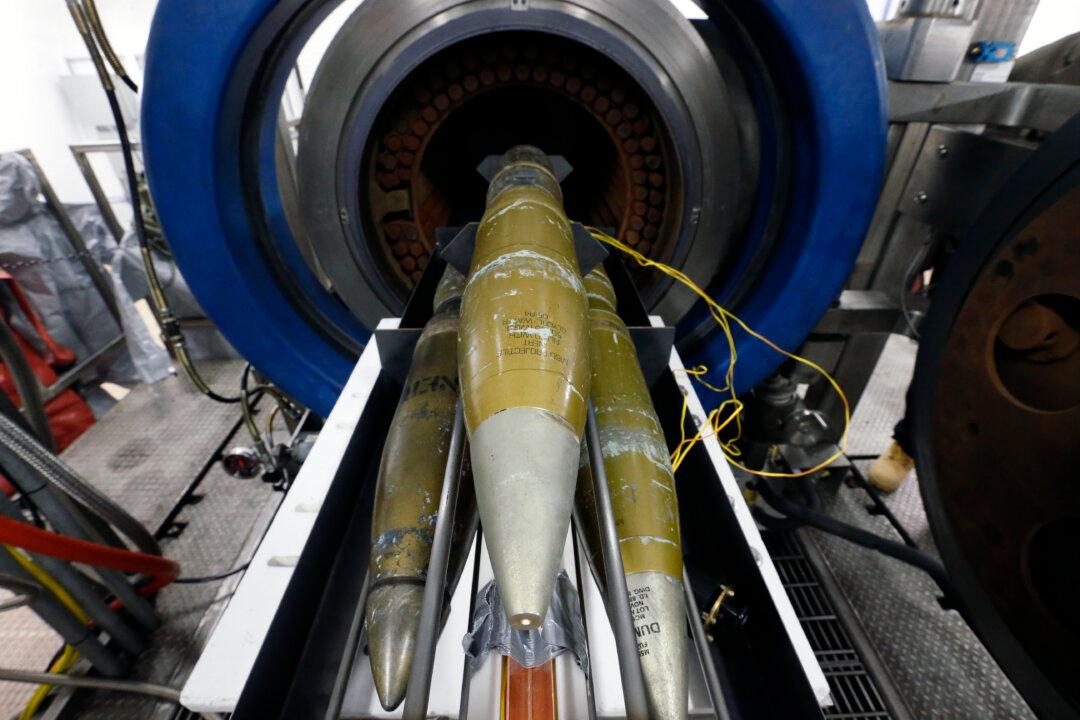THE HAGUE, Netherlands—A European Union envoy criticized Syria on Monday for “gaps and contradictions” in its declarations about its chemical weapons arsenal to the global watchdog overseeing the destruction of the toxic armaments.
Jacek Bylica of Luxembourg said that the lack of clarity from Damascus, “make it impossible to have confidence that its chemical weapons program has been irreversibly dismantled.”
Bylica delivered the damning statement on behalf of the EU on the opening day of the annual meeting of member states of the Organization for the Prohibition of Chemical Weapons in The Hague.
Syria declared an arsenal of 1,300 tons of chemical weapons when it joined the OPCW in 2013 under pressure from the international community following a deadly chemical attack on a Damascus neighborhood.
More than 99 percent of those weapons have been destroyed, but questions remain about whether Syria declared all of its stockpiles.
The OPCW has a special team reviewing Syria’s declarations amid fears that chemical weapons could fall into the hands of insurgents fighting in the country’s civil war, including the Islamic State group.
Bylica said that during behind-closed-doors meetings this year member states were shown “alarming findings” of the declaration review team, saying that in five of the team’s reports on Syria, “more new questions arose than found satisfactory answers.” The reports remain confidential.





